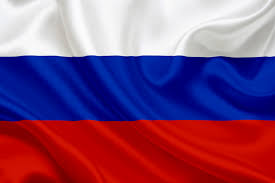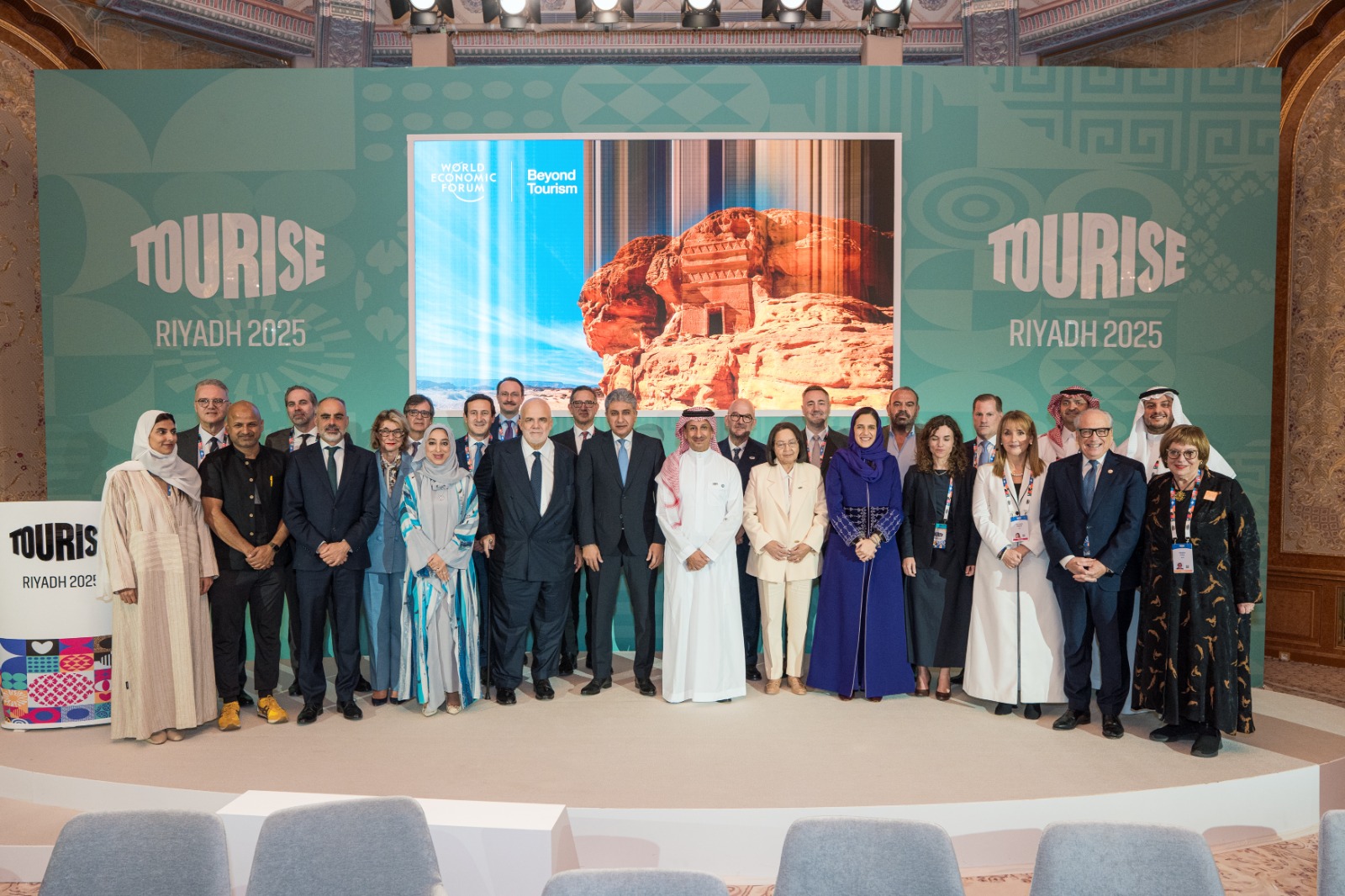
News Desk
Islamabad: Excerpts from the statement by Foreign Minister Sergey Lavrov during the UN Security Council meeting on multilateral cooperation in the interest of a more just, democratic and sustainable world order, New York, 16 July 2024:
The actions of the United States and its allies hinder international cooperation and the creation of a more just world, hold entire countries and regions hostage, prevent peoples from exercising their sovereign rights as enshrined in the UN Charter. They distract from the much-needed joint work to resolve conflicts in the Middle East, Africa and other regions, to reduce global inequality, to eliminate the threats of terrorism, drug crime, hunger and disease.
I am convinced that the current situation can be remedied – provided, of course, that there is goodwill. In order to prevent the negative scenario from unfolding, we would like to discuss a number of steps aimed at rebuilding confidence and stabilizing the international situation.
First, it is necessary to address once and for all the root causes of the crisis in Europe. The conditions for achieving sustainable peace in Ukraine have been outlined by the President of the Russian Federation Vladimir Putin, and I will not repeat them.
A political and diplomatic settlement should be accompanied by concrete steps to reduce threats to the Russian Federation emanating from the Western, Euro-Atlantic direction. In negotiating mutual guarantees and agreements, we will have to take into account the new geostrategic realities on the Eurasian continent, where a continent-wide architecture of truly equal and indivisible security is taking shape. Europe risks falling behind this objective historical process. We are ready to seek a balance of interests.
Second, the restoration of regional and global balances of power must be accompanied by active efforts to address inequalities in the global economy. In a multipolar world, by definition, there should be no monopolists in monetary and financial regulation, trade or technology. This view is shared by the vast majority of the global community. Of particular importance is the early reform of the Bretton Woods institutions and the WTO, which should reflect the real weight of non-Western centers of growth and development.
Third, other institutions of global governance must also undergo serious qualitative changes if they are to work for the benefit of all. This is especially true of the United Nations, which still embodies multilateralism, enjoys unique universal legitimacy, and has a broad, universally recognized mandate.
An important step in restoring the UN’s effectiveness would be for all its members to reaffirm their commitment to the principles of the UN Charter in their entirety, avoiding selective approach.
In addition to the UN, other multilateral organizations should contribute to strengthening multipolarity. These include the G20, BRICS, the SCO, and other regional organizations such as the CIS, the CSTO, the EAEU, ASEAN, the Gulf Cooperation Council, the Arab League, the African Union and the Community of Latin American and Caribbean States.
It is up to Member States to make the world we live in a diverse and just place. Let me reiterate that we must all be guided by the Charter of the United Nations.







